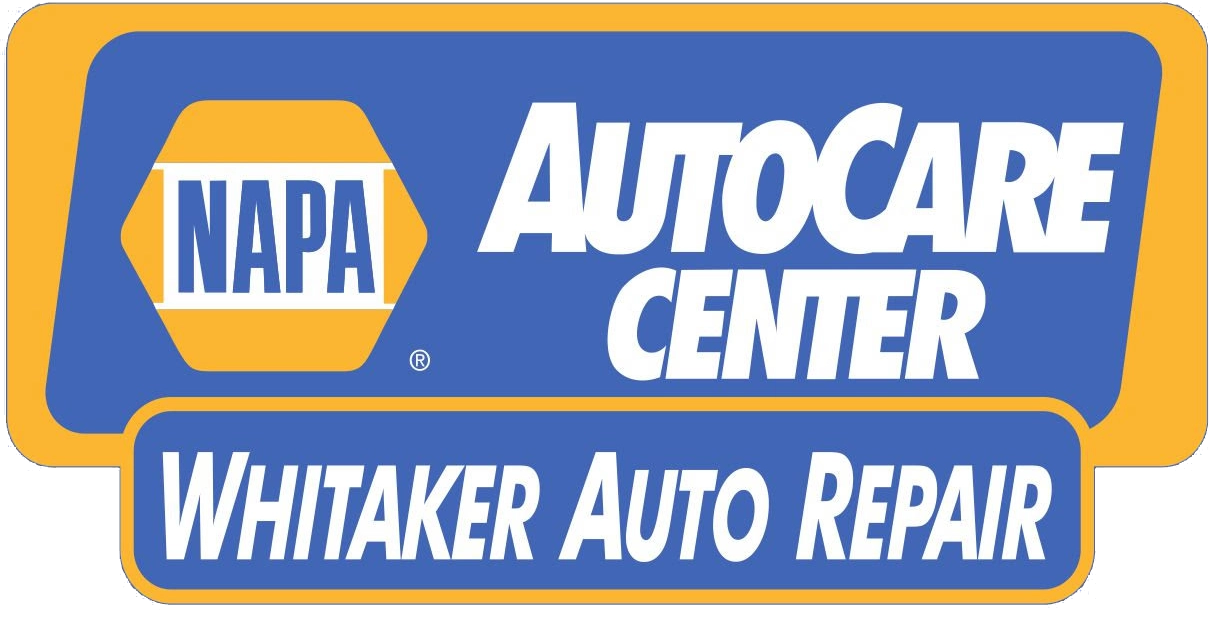The Best Types of Brake Pads for Your Vehicle: Advice from Whitaker Auto Repair
When it comes to vehicle safety, your brakes are one of the most crucial components. At Whitaker Auto Repair in Grand Island, NE, we often get asked about the best types of brake pads. With various options available, choosing the right brake pads for your vehicle can be challenging. This guide will provide valuable insights to help you make an informed decision.
Understanding Brake Pads
Brake pads are a key part of your vehicle's braking system. They apply pressure to the brake rotors, creating friction that slows down and stops the vehicle. Different types of brake pads offer varying levels of performance, durability, and noise levels. Here’s a breakdown of the most common types:
1. Ceramic Brake Pads
Ceramic brake pads are made from a mixture of ceramic fibers, bonding agents, and small amounts of metal. They are known for their durability, low noise levels, and excellent performance under various driving conditions.
Pros:
- Long-lasting
- Quiet operation
- Produce less dust
Cons:
- More expensive
- Not ideal for extreme driving conditions (e.g., racing)
2. Semi-Metallic Brake Pads
Semi-metallic brake pads are composed of metal fibers, making them highly durable and heat resistant. These pads are a popular choice for many drivers due to their balanced performance and affordability.
Pros:
- Durable and heat resistant
- Good stopping power
- Cost-effective
Cons:
- Can be noisy
- Produce more dust than ceramic pads
3. Organic Brake Pads
Also known as non-asbestos organic (NAO) brake pads, these are made from natural materials like rubber, glass, and resin. They are softer than other types of brake pads, which makes them quieter but also means they wear out faster.
Pros:
- Quiet operation
- Softer on rotors
- Eco-friendly
Cons:
- Wear out quickly
- Less effective in extreme conditions
Choosing the Right Brake Pads for Your Vehicle
When selecting brake pads, consider your driving habits and the conditions in which you typically drive. Here are some factors to help you decide:
- Driving Style: If you do a lot of city driving with frequent stops, ceramic pads might be ideal due to their quiet operation and longevity. For more aggressive driving or towing, semi-metallic pads could be a better fit due to their durability and performance.
- Environmental Conditions: Consider the weather and terrain in your area. For example, ceramic pads perform well in a variety of conditions, while semi-metallic pads handle high temperatures better, making them suitable for mountainous regions.
- Budget: While ceramic pads are more expensive, their long lifespan can make them cost-effective over time. If you're on a tighter budget, semi-metallic or organic pads might be more affordable options.
Maintaining Your Brake Pads
Regular maintenance and inspections are essential to ensure your brake pads are in good condition. Here are some tips to extend the life of your brake pads:
- Regular Inspections: Have your brake pads inspected every 6 months or according to your vehicle’s manual. Whitaker Auto Repair offers comprehensive brake inspections to keep you safe on the road.
- Smooth Driving: Avoid sudden stops and aggressive driving, which can cause excessive wear on your brake pads.
- Timely Replacements: Replace your brake pads as soon as you notice signs of wear, such as squeaking or reduced braking performance.
Why Choose Whitaker Auto Repair?
At Whitaker Auto Repair in Grand Island, NE, we are committed to providing top-notch service and expert advice to our customers. Our experienced technicians can help you choose the best brake pads for your vehicle and ensure they are installed correctly. We use the latest diagnostic tools and techniques to keep your braking system in optimal condition.







